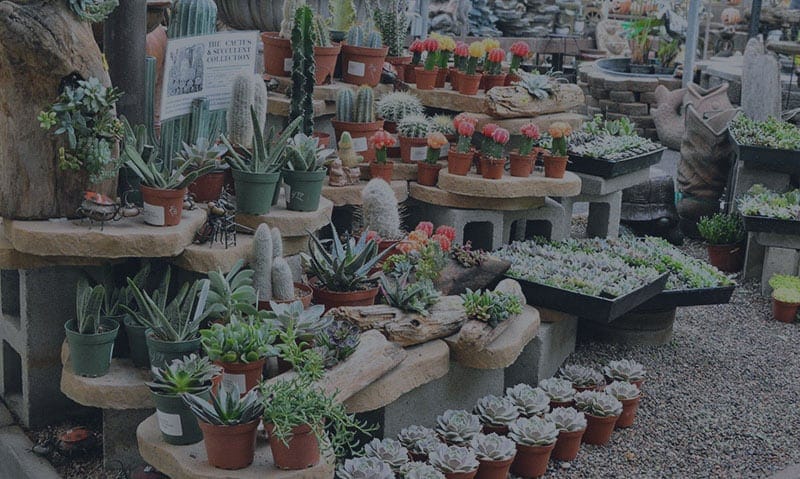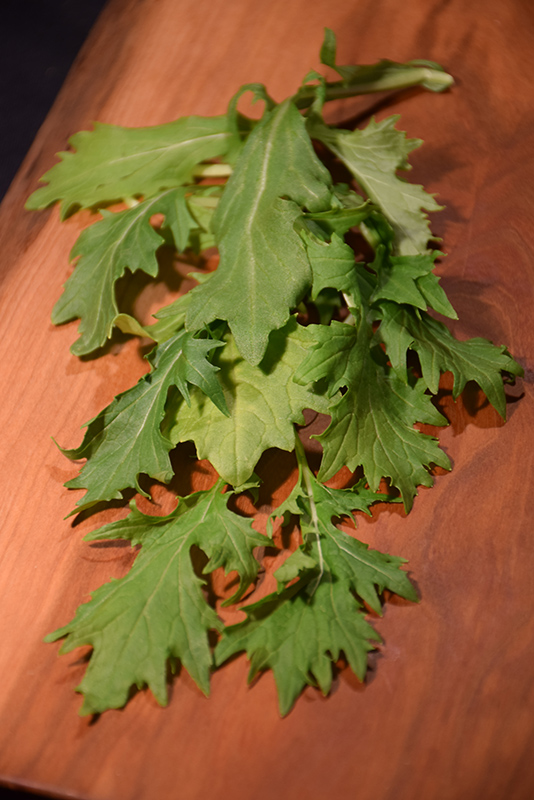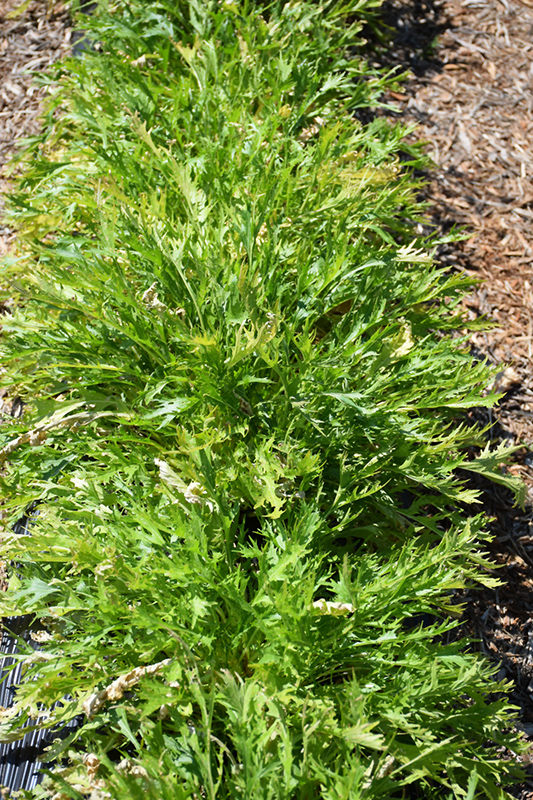Height: 18 inches
Spread: 11 inches
Sunlight:
![]()
![]()
Hardiness Zone: (annual)
Description:
Producing light to dark green edible leaves, Mizuna is great for vegetable gardens and containers; cool weather performer; young leaves can be harvested for a peppery addition to salads, while mature leaves are better suited for soups and stews
Edible Qualities
Mizuna is an annual vegetable plant that is typically grown for its edible qualities. The serrated lobed green leaves with hints of yellow are usually harvested from late spring to late summer. The leaves have a mild taste.
The leaves are most often used in the following ways:
- Fresh Eating
- Eating When Cooked/Prepared
- Cooking
Planting & Growing
Mizuna will grow to be about 18 inches tall at maturity, with a spread of 11 inches. This fast-growing vegetable plant is an annual, which means that it will grow for one season in your garden and then die after producing a crop. Because of its relatively short time to maturity, it lends itself to a series of successive plantings each staggered by a week or two; this will prolong the effective harvest period.
This plant is typically grown in a designated vegetable garden. It does best in full sun to partial shade. It does best in average to evenly moist conditions, but will not tolerate standing water. It may require supplemental watering during periods of drought or extended heat. It is not particular as to soil type or pH. It is somewhat tolerant of urban pollution. This species is not originally from North America, and it is considered by many to be an heirloom plant.
Mizuna is a good choice for the vegetable garden, but it is also well-suited for use in outdoor pots and containers. It is often used as a 'filler' in the 'spiller-thriller-filler' container combination, providing the canvas against which the larger thriller plants stand out. Note that when growing plants in outdoor containers and baskets, they may require more frequent waterings than they would in the yard or garden.



